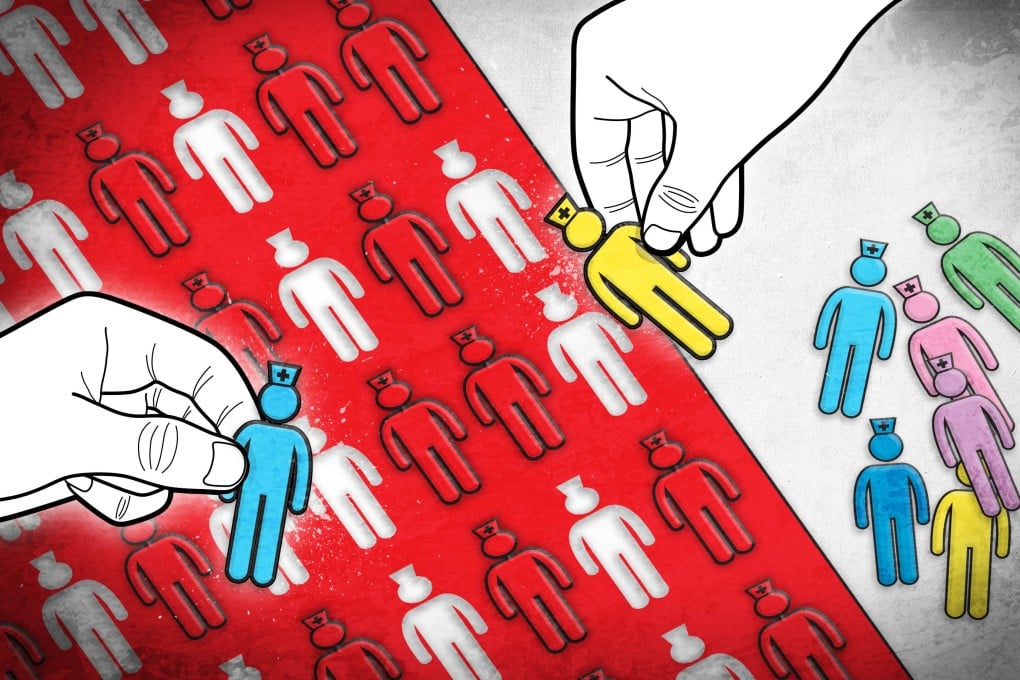Preterm births have increased by more than 10 percent over the past decade, with racial and socioeconomic disparities persisting over time, according to a new study analyzing more than five million births. The study, published in the journal JAMA Network Open , also found that some factors that increase the risk for preterm birth-;such as diabetes, sexually transmitted infections, and mental health conditions-;became much more common over the past decade, while other factors that protect against preterm birth declined. "Our findings not only show that preterm births are on the rise, but provide clues as to why this may be the case," said Laura Jelliffe-Pawlowski, the study's lead author, an epidemiologist and professor at the NYU Rory Meyers College of Nursing and professor emeritus of epidemiology, biostatistics, and of global health sciences in the University of California San Francisco (UCSF) School of Medicine.
"Understanding patterns of and factors related to preterm birth is important for informing clinical care and the development of public health programs to address this critical need." Babies born preterm or prematurely-;before the 37th week of pregnancy-;are more likely to experience a range of short and longer-term problems, including a higher risk for illness, intellectual and emotional difficulty, and death. Certain factors are known to increase the risk of preterm birth, including mothers having high blood pressure, diabetes, an infection, or smoking.
In additio.


















